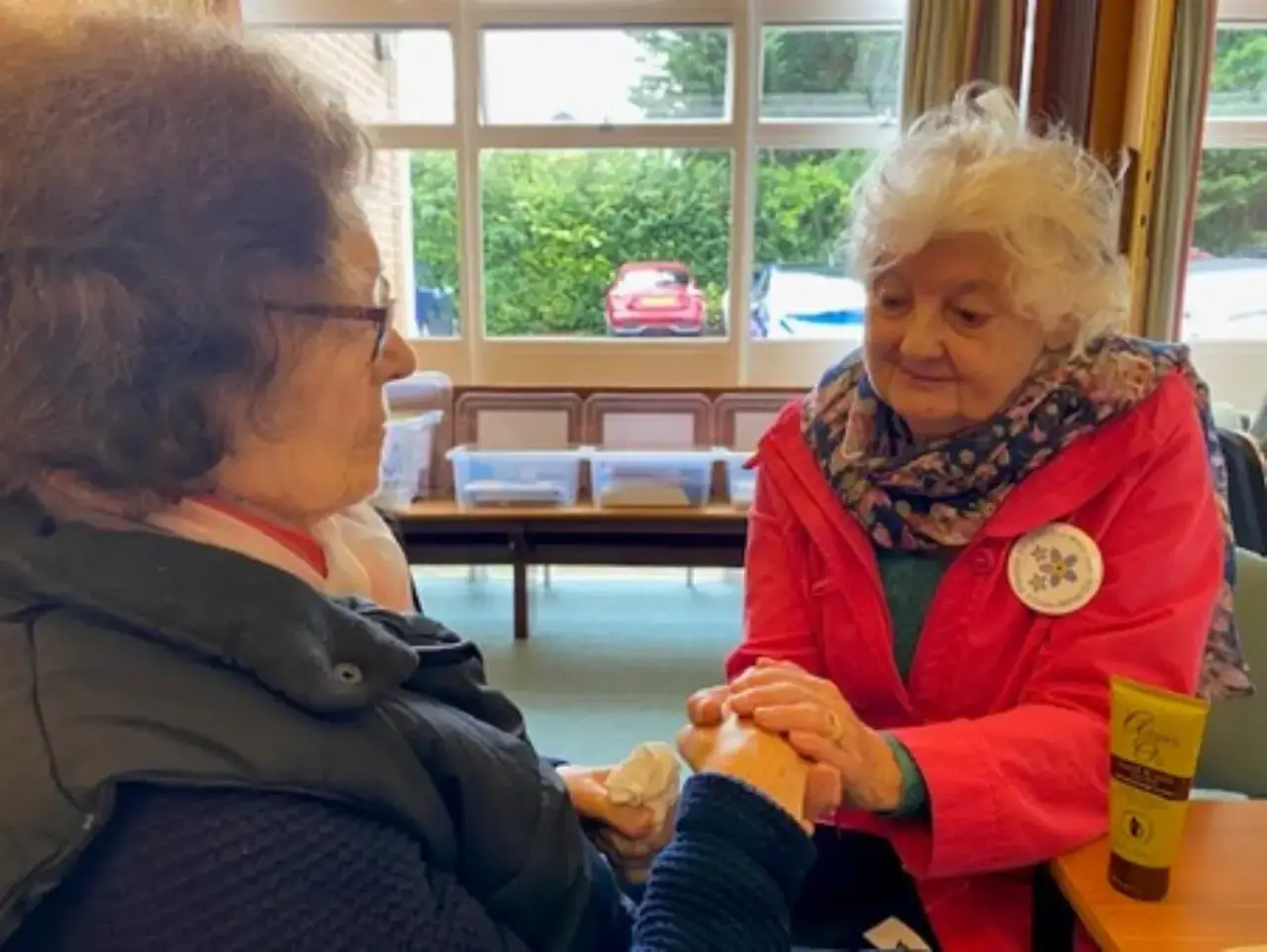Caring for a Loved One with Dementia: Practical Tips and Resources

Caring for a family member or friend with dementia can present unique challenges, but with the right strategies and support, it can also be a deeply rewarding experience. Here are some practical tips and resources to help navigate this journey:
1. Communication Strategies:
- Use simple and clear language, and speak slowly.
- Maintain eye contact and use non-verbal cues to enhance understanding.
- Be patient and give them time to process information.
- Avoid arguing or correcting them if they are confused or disoriented.
2. Creating a Safe Environment:
- Remove hazards such as loose rugs or electrical cords.
- Install handrails and grab bars in bathrooms and other high-risk areas.
- Consider using locks or alarms on doors and windows to prevent wandering.
- Ensure medication is safely stored and administered as prescribed.
3. Accessing Local Support Services:
- Reach out to local dementia support groups, such as Wendover Dementia Support, for guidance and emotional support.
- Explore respite care options to give yourself a break and prevent caregiver burnout.
- Consider enrolling your loved one in adult day programs for socialisation and stimulation.
- Investigate home care services for additional assistance with daily tasks.
Remember, caring for someone with dementia can be overwhelming at times, but you are not alone. Utilise the resources available in your community and don't hesitate to ask for help when you need it. By implementing these practical tips and accessing support services, you can provide the best possible care for your loved one while also taking care of yourself.
Types of dementia and the importance of early diagnosis

Dementia is not a singular disease but rather an umbrella term encompassing a spectrum of cognitive disorders, each with its uniqDementia is not a singular disease but rather an umbrella term encompassing a spectrum of cognitive disorders, each with its unique characteristics and challenges. Alzheimer's disease is the most prevalent form of dementia, affecting memory and cognitive abilities that can disrupt daily life. Vascular dementia is the next most common and often associated with conditions such as a stroke. Lewy body dementia, frontotemporal dementia, and mixed dementia further contribute to the complexity of this condition, each presenting distinct symptoms and progression patterns.
Memory loss, confusion, and difficulty in performing familiar tasks are common experiences, but symptoms can vary widely depending on the type of dementia and the individual.
People have often had unrecognised symptoms of dementia for years before a diagnosis. Early diagnosis is very important as it offers an opportunity to access treatments that may slow down the progression of the disease. Moreover, early diagnosis empowers individuals and their families to plan ahead, make informed decisions about care, and access support services.
If you are concerned that you, or someone else, may have dementia, do not delay but see your GP who can make a referral to the Memory Clinic, where tests can lead to a diagnosis and possible treatment.
It is possible for people with dementia to live well with their disability, provided they get good support. If you are concerned about someone with dementia who lives locally, please contact Wendover Dementia Support.
Confusion in the Community

Encountering a stranger with dementia in the community who is experiencing confusion can be a challenging situation, but offering assistance with kindness and understanding can make a significant difference in their well-being. When approaching someone in this situation, it's important to remain calm and approachable. Speak in a gentle tone and introduce yourself clearly, allowing the person to become familiar with you. Reassure them that they are safe and that you are there to help.
Engage in conversation with open-ended questions to assess their level of confusion and understand their needs. Listen attentively to their responses, offering validation and empathy for their feelings. Avoid using complex language or overwhelming them with too many questions at once.
If the person seems disoriented or unsure of their surroundings, offer simple guidance and assistance. Avoid rushing or grabbing them, as this may cause further confusion or distress. Instead, gently offer your arm for support or provide clear directions to help them navigate safely.
If you are unable to assist the person effectively or if they appear to be in distress, seek help from a caregiver, family member, or emergency services. Remember to remain patient and compassionate throughout the interaction, understanding that the person may be experiencing fear or frustration due to their confusion.
By offering assistance with empathy and understanding, you can help ensure the safety and well-being of a stranger with dementia in the community. Your kindness and support can make a meaningful difference in their day and help them feel more secure in their surroundings.

